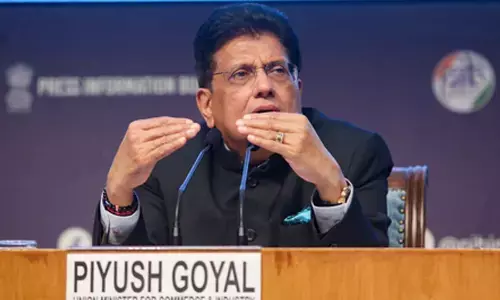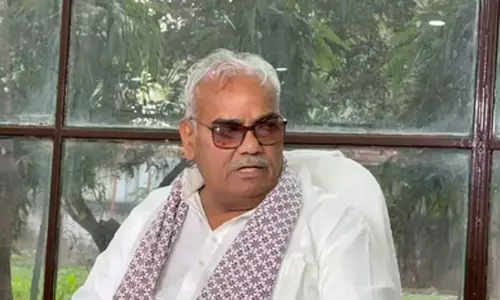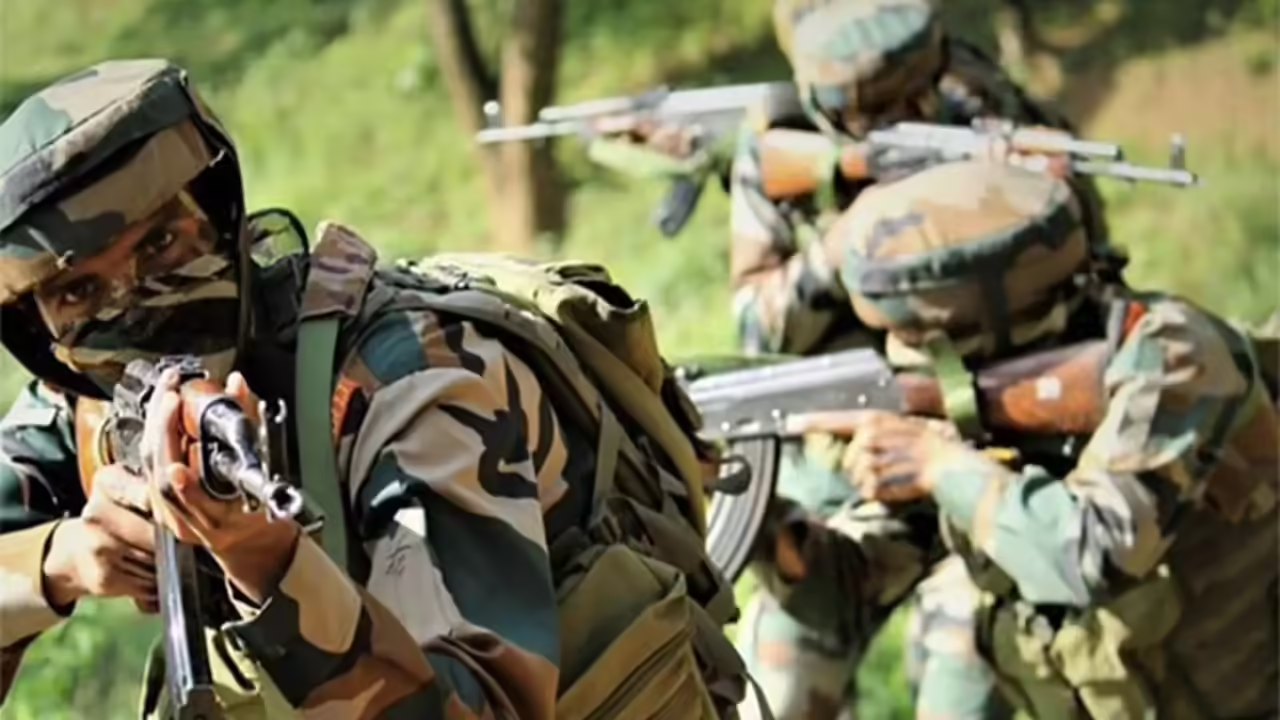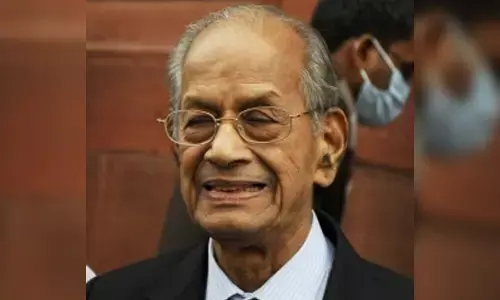Strengthen pro-peace voices in India, Pak
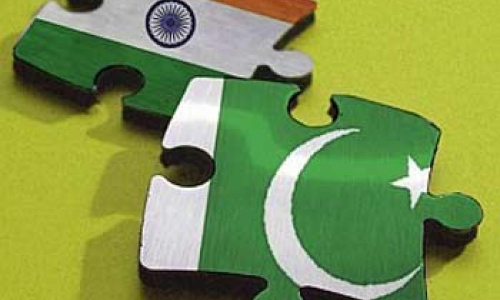
In the context of the recent attack by the terrorists on the Pathankot Air Force base, should one conclude Modi’s recent visit to Lahore as an avoidable farce and a tragedy? One wonders whether the four meetings between Modi and Sharif in the past one year-and-a-half were mere hollow occasions for exchange of pleasantries.
Does the impromptu visit of Prime Minister Narendra Modi to Lahore to greet Nawaz Sharif on his birthday and thereby pave way for Indo-Pak peace dialogue speak volumes of the maturity of India’s foreign policy or does it simply show the naivety of the present political leadership to set aside decades-old hostility of a rogue state like Pakistan which exports cross-border terrorism? Has the PM Modi overestimated his innovative diplomacy and obviously been oblivious of the failure of Busplomacy of Vajpayee and the outbreak of Kargil war soon after his talks with his political counterpart?
In the context of the recent attack by the terrorists on the Pathankot Air Force base, should one conclude Modi’s recent visit to Lahore as an avoidable farce and a tragedy? One wonders whether the four meetings between Modi and Sharif in the past one year-and-a-half were mere hollow occasions for exchange of pleasantries.
In the same vein, didn’t the much publicised visit of our Foreign Affairs Minister Sushma Swaraj to Pakistan in December 2015 turn into an irrelevant courtesy call? Has India forgotten how the duplicitous Pervez Musharraf betrayed a venerable statesman like Vajpayee in 2004 even after giving an assurance in ink that no terrorist would be allowed to use Pakistani soil to operate against India?
A series of terrorist attacks, of which the most nefarious Bombay strike soon followed, made India gasp for breath. What should one make of the images of Modi and Sharif holding hands in Lahore and whispering into each other’s ears like long-separated lovers meeting all of a sudden in Paris? It is indeed unfortunate that for every peace initiative set in motion by the Indian diplomats, the response of the all-powerful Pak military establishment has been grenade and gunfire and the sorry martyrdom of Indian Army personnel. Statistics show that not fewer than 50 Indian defense personnel were slaughtered in 2015 itself. Prime Minister Modi is perhaps misled by the US to initiate peace process with the Pakistani ‘’deep state’’ however hostile it is.
At the same time, foreign policy experts opine that since real power in Pakistan is vested in its military establishment, India should engage with the Pakistan Army along with the civilian government, which just exists for mere name’s sake and is always at the sweet will and pleasure of the ISI. Sharif, PM of Pakistan, has proved his ineptitude and helplessness against the rising tide of fundamentalist forces of all types and stripes which are ‘’paid, fed, pampered and provoked by the ISI to launch terrorist attacks on India.” In short, Sharif’s writ does not run in his hometown.
The Pathankot terror attack is more a sad commentary on the inability of Pak PM Sharif to cry a halt to the terrorist outfits at home than a biting criticism by the opposition parties of what they call Modi’s diplomatic overreach. The shocking attack on a vital Air Force base at Pathankot in this context may also have been launched without the knowledge of the PM of Pakistan since the military establishment wants the civil government to realise that a democratic civilian government has its own limitations in the governance of the country and it should subordinate itself to the Army and play only a subservient role in its foreign policy.
The feeble tone adopted by the Pakistan foreign office in the condemnation of the terrorist attack at the Pathankot Air Force base is illustrative of Sharif’s government in extremis. What is now needed is not cancellation of Foreign Secretary-level talks scheduled on January 15, but astute diplomacy to strengthen the genuine articulations of pro-peace activists of Pakistan for peace and dialogues in the best interests of both the countries. The Pathankot crisis calls for a new kind of diplomacy that is forward-looking without getting enmeshed in an ugly past of retorts and retaliations.










